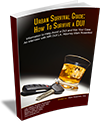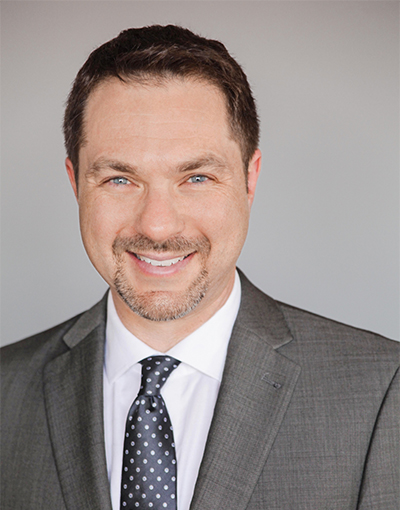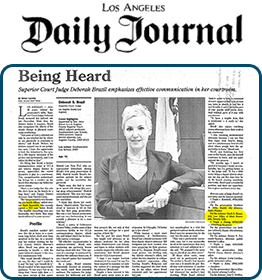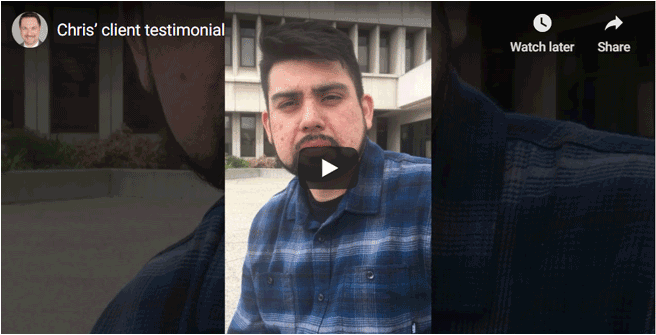When somebody is stopped for a vehicle code violation or possibly under the suspicion of driving under the influence, they do not want to make any admissions or statements that could be used against them. When somebody is stopped and questioned about driving under the influence, just about every question that a police officer asks is intended to incriminate the suspect. Now, people may not realize this when they are first contacted. An officer may just appear to be making friendly conversation, but every question has a particular purpose and that is to incriminate them.
If an officer asks even for very simple material such as a driver’s license, registration, proof of insurance, they are in the process of conducting a DUI investigation. Additionally, if somebody were to be questioned about where they were coming from or where they were going, somebody may think that an officer is just asking a nice question, but in reality, the officer is gathering information for a DUI prosecution. Officers may ask about what the person has had to drink. Of course, that’s directly related to the prosecution of a DUI and an officer may also ask how much sleep somebody had gotten and whether or not the person is under a doctor’s care, and these are all questions that will ultimately be used in the prosecution of the DUI case.
The people that are pulled over are trying to show that sleep deprivation or medical treatment is not involved with the impairing effects of alcohol, and any questions that an officer asks during a traffic stop are geared towards proving or disproving a certain aspect of a DUI criminal case. So, it’s very important that if somebody is stopped for any vehicle code violation, that they not give any answers or extra information to a police officer. What someone wants to do if they are stopped is to hand over their driver’s license and their proof of insurance and not answer any questions and just invoke their right to remain silent and keep it very simple and not answer a lot of questions.






 Personal Attention
Personal Attention








